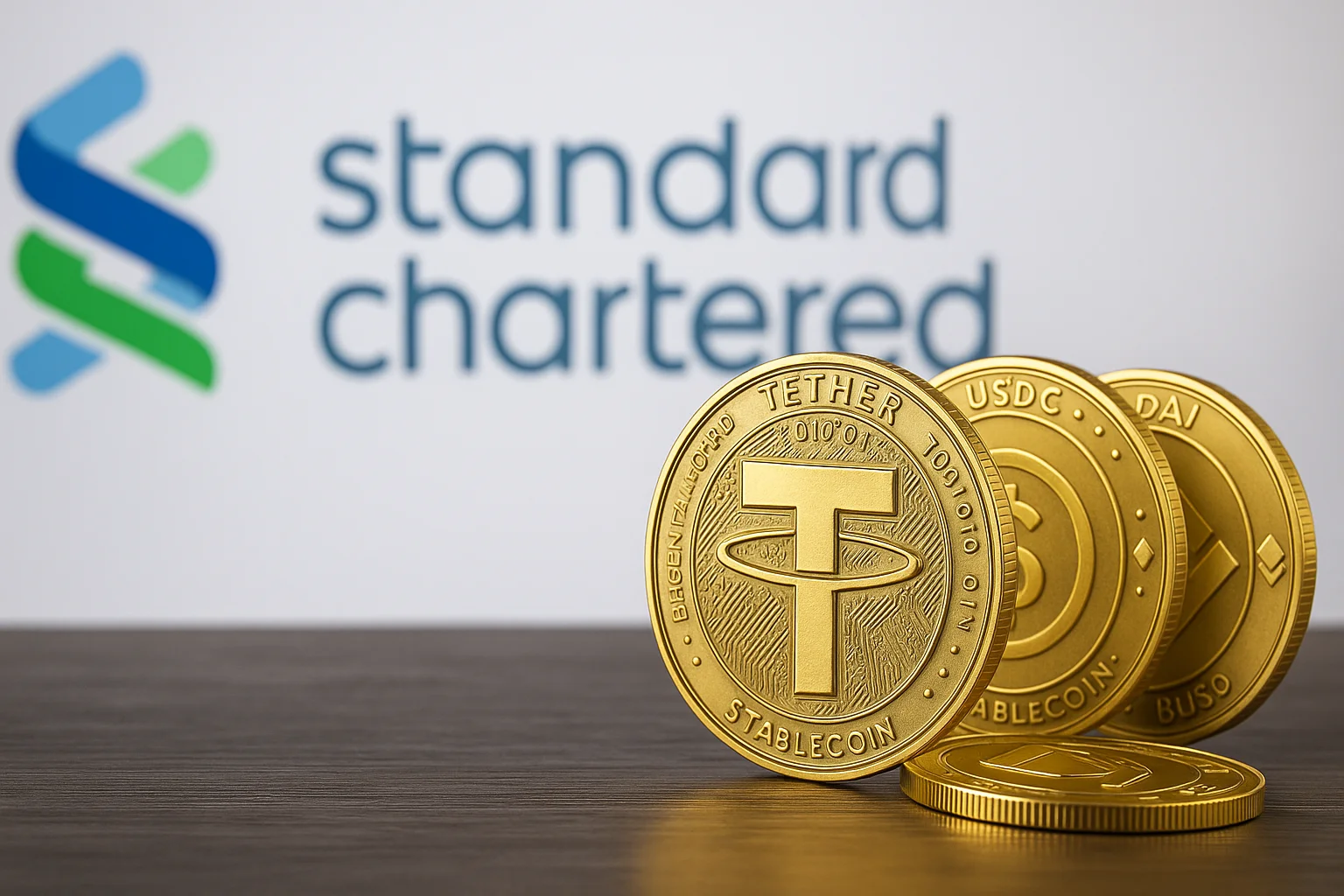The new partnership announced between Standard Chartered and DCS Card Centre marks a significant step in the cryptocurrency ecosystem. The two institutions announced a partnership on DeCard, a credit card product that allows users to make daily purchases with stablecoins (stable-value crypto assets). This partnership will initially launch in Singapore, with plans to expand to other major markets.
Standard Chartered to Provide Banking Infrastructure for DCS
DCS Card Centre's next-generation payment solution, DeCard, offers users a platform that can be used like a traditional credit card, but allows users to process stablecoin transactions in the background. Cardholders will be able to track their balance management and refunds through DCS's "D-Vault" account system.
Standard Chartered will play a key role in this partnership with its banking infrastructure, transaction banking, and financial market services. The institution will support all processes, from cardholder top-ups and account management to fiat and stablecoin payment reconciliation. It will also enable DCS to instantly define and reconcile payments on a channel-by-channel basis through virtual account and API integrations.
In a statement released by DCS, DCS's commercial director, Joan Han, said, "Thanks to Standard Chartered's banking expertise and robust infrastructure, we have the opportunity to bring stablecoin payments to the mainstream in a secure, transparent, and efficient manner." Dhiraj Bajaj, Standard Chartered's global head of TB FI sales, stated that this partnership is part of the institution's strategy to bridge traditional finance and Web3.
Singapore is known to offer a relatively open environment for regulating crypto assets. For example, the Monetary Authority of Singapore (MAS) classified stablecoins as "digital payment tokens" and implemented a separate framework for single-currency stablecoins in August 2023. This regulatory environment provides a suitable environment for the launch of innovative payment products like DeCard in Singapore.
However, the risks associated with such innovations should also be considered. Issues such as whether stablecoins truly maintain their stable value, the security of payment networks, transaction costs for users, and refund mechanisms still require careful monitoring. Furthermore, although the initial launch is in Singapore, it is anticipated that expansion plans to other markets may not be straightforward due to regulatory constraints, local market structure, and competitive conditions.
In conclusion, Standard Chartered, through its DCS partnership DeCard, offers a remarkable project for transforming stablecoins into everyday spending. As the potential for crypto assets to transform the financial system grows daily, such collaborations further accelerate the integration of traditional financial institutions and crypto businesses.




